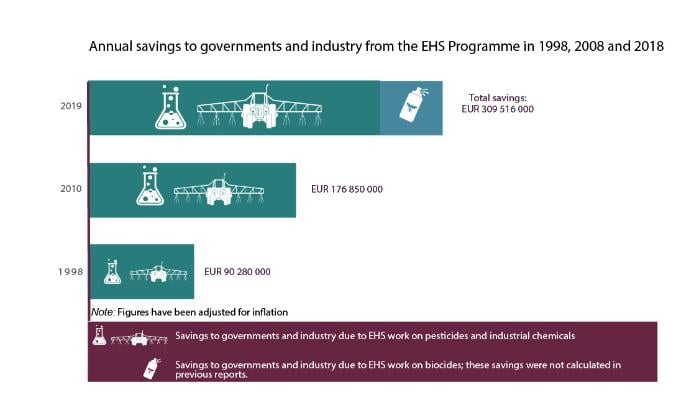Environment

Saving Costs in Chemicals Management
How the OECD Ensures Benefits to Society
The chemical industry is one of the largest industrial sectors in the world and is
expected to grow fourfold by 2060. Indeed modern life without chemicals would be inconceivable.
Given the potential environmental and human health risks from exposure to chemicals,
governments and industry have a major responsibility to ensure that chemicals are
produced and used safely.
The OECD assists countries in developing and implementing policies and instruments
that protect human health and the environment, and in making their systems for managing
chemicals as efficient as possible. To eliminate duplication of work and avoid non-tariff
barriers to trade, emphasis has been on developing shared frameworks for gathering
and assessing information on potential chemical risks. The time-tested OECD Mutual
Acceptance of Data (MAD) system provides a major basis for generating savings to governments
and industry. This report provides an overview of the benefits and estimates the total
savings from OECD work to be more than EUR 309 million per year.
Published on January 28, 2019
TABLE OF CONTENTS
| About the OECD | |
| Foreword | |
| Acronyms and abbreviations | |
| Executive summary | |
| Introduction to the OECD Environment, Health and Safety Programme | |
| Quantifying the costs and savings of the OECD Environment, Health and Safety Programme | |
| Non-quantifiable benefits of the Environment, Health and Safety Programme | |
| Conclusions | |
Powered by OECD iLibrary
 newsletter-680x400.jpg)
